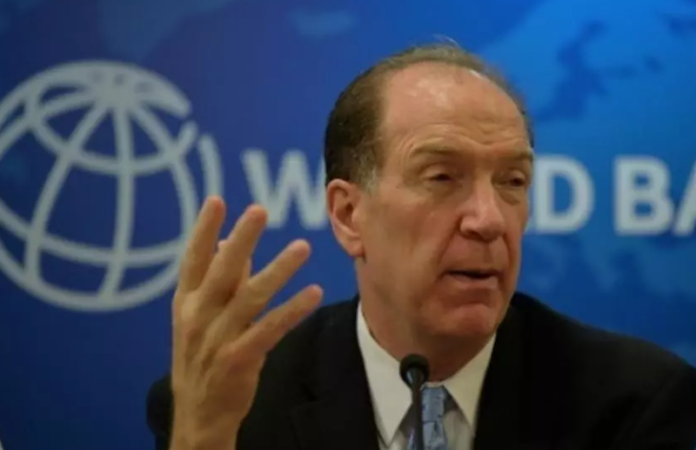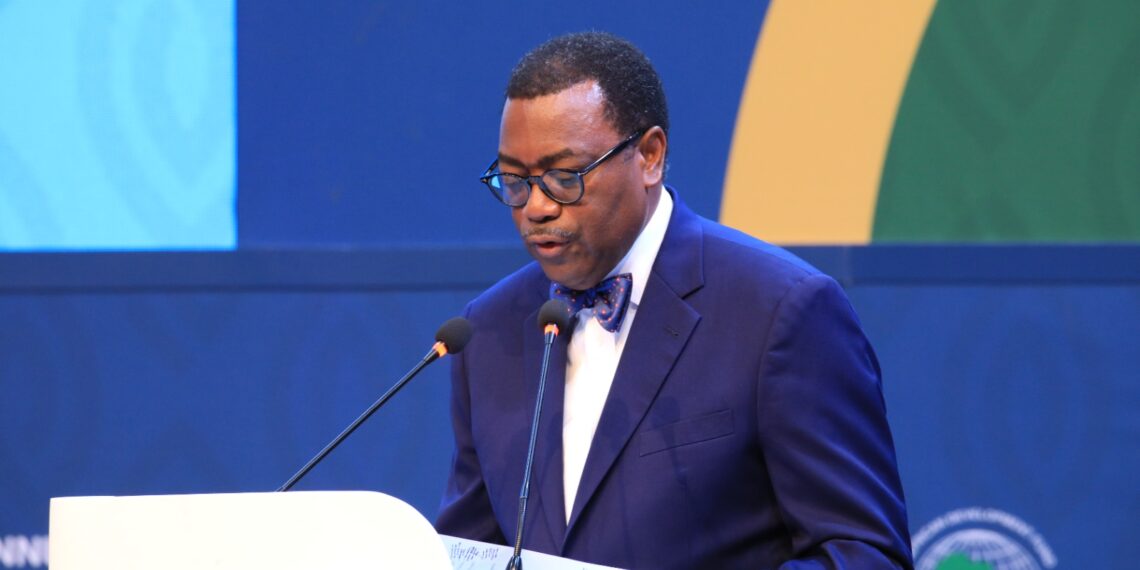
Nigeria: World Bank to Support Nigeria to Lift 100m Out of Poverty
- Economy
- No Comment
- 356

The President of the World Bank Group, Mr. David Malpass, yesterday said the multilateral institution is focused on supporting the federal government’s bid to lift 100 million Nigerians out of poverty.
Malpass said during a media briefing at the ongoing virtual World Bank/International Monetary Fund (IMF) spring meetings in Washington DC that the World Bank would do so by supporting the government in its efforts to promote growth, job creation and shared prosperity.
According to him, as part of the efforts, the World Bank-supported Nigeria in ensuring fiscal and debt sustainability, including enhancing debt transparency and debt management at the federal and sub-national levels.
President Muhammadu Buhari had said his administration planned to lift 100 million Nigerians out of poverty over the next decade.
The president said his government would be tackling social inequality and entrenching better standards of living for the people.
Malpass added that the World Bank closely monitored the debt situation in member-countries through its joint IMF-World Bank Debt Sustainability Framework and raises debt issues with the government as part of an ongoing dialogue
Responding to a question on debt sustainability in Nigeria, he stated that the World Bank has engaged with the Nigerian government to improve the quality of public spending.
“Moreover, a key objective of the World Bank is to help attract private investment to crowd in financing for investments in infrastructure and human capital, for instance by de-risking private investments through public-private partnerships and foreign direct investments without increasing public debt levels,” he added.
On the situation in poor countries, Malpass stressed the importance of jobs in those countries, considering their increasing population.
He urged governments to create a conducive environment for new private sector businesses that promote job creation as countries prepare for economic recovery post-COVID-19.
He stated that the post-COVID-19 economic environment would be different from the situation pre-COVID-19.
Earlier, at the G20 Finance Ministers and Central Bank Governors’ Meeting, Malpass said in 2020, the bank achieved a record 65 per cent growth in commitments and a rapid doubling of its trade and working capital finance to help fill the banking vacuum that hit private sectors.
According to him, post-COVID-19 will leave lasting scars on developing countries, from closed schools and physical stunting of children to lost jobs, the depletion of savings and assets, and growing debt overhangs.
The crisis came on top of persistent development challenges, including stagnant median incomes, fragility and violence and damage caused by climate change, he said.
Written by Obinna Chima
This Day
Curled from: All Africa – https://allafrica.com/stories/202104080229.html





